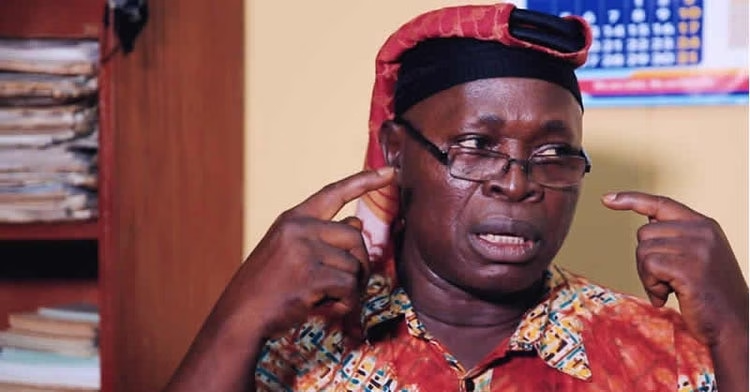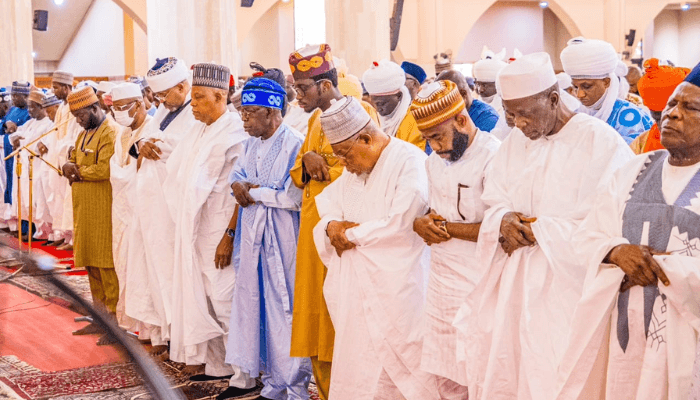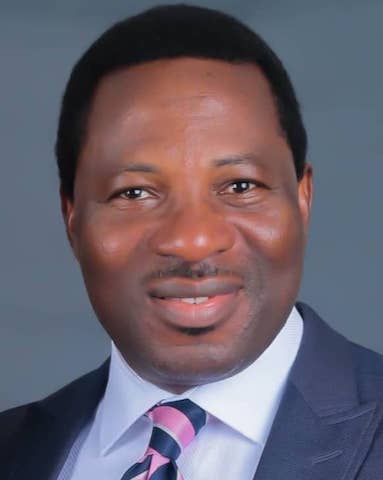Immigration is many voters’ top issue, but these swing-state churches say it’s not politics
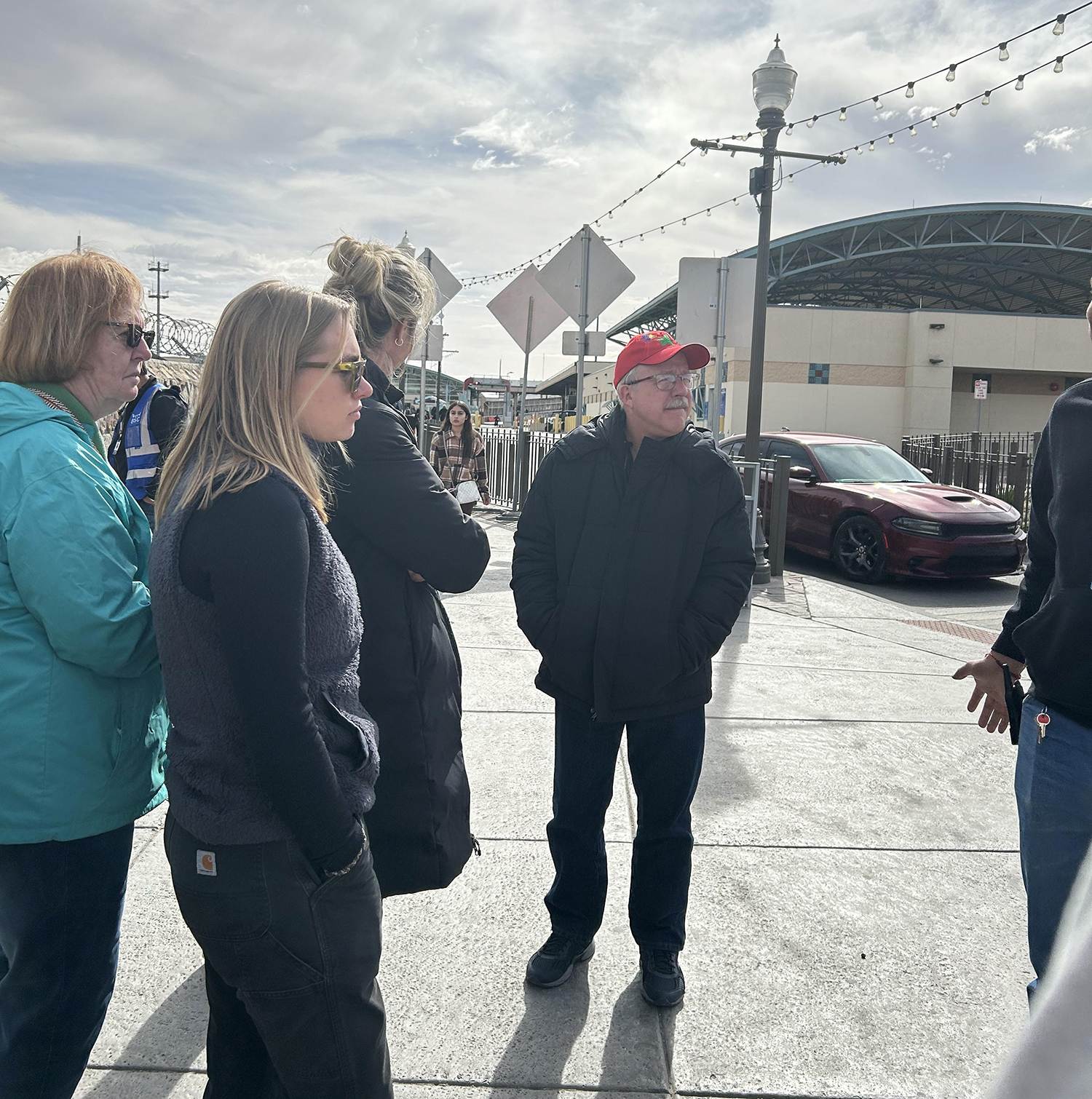
Politics tamfitronics
MADISON, Wis. (RNS) — When Toni Swandby and her husband Mark decided to host Ngwa Augustine, a recent immigrant to Wisconsin from Cameroon, the couple opened not just their home to him, but their congregation at Midvale Community Lutheran Church.
“Not only did the Holy Spirit lead me very specifically to say ‘yes’ to this young man from Cameroon,” Swandby said, “but the Spirit has guided our congregation to see people differently than ‘other.’”
Midvale pastor the Rev. Katie Baardseth said that after the congregation met Augustine, it fell in love with supporting immigration-related ministries.
Since welcoming Augustine, the church has hosted a family from Ukraine and another from Colombia, both currently living next door to the church in a house owned by Midvale that is now used exclusively to house asylum seekers.
With immigration one of the top issues nationally in the November election, and no less for voters in the swing state of Wisconsin, some Republicans have criticized liberal strongholds such as Dane County for their status as “sanctuaries” for immigrants. Sanctuaries are communities with a policy, written or unwritten, of discouraging local law enforcement from reporting the immigration status of individuals to federal authorities unless it pertains to an investigation of a serious crime.
In Dane County, which includes the capital city of Madison, 30 congregations and organizations involved with the Dane Sanctuary Coalition have embraced the title of “sanctuary” and provide physical refuge to those at risk for deportation. Midvale and Christ Presbyterian are two of those congregations.
The efforts in Dane County are part of a larger movement by faith-based organizations nationwide whose roots go back as far as the 1980s as Central Americans began to flee political violence in their home countries. According to HIAS, a Jewish-led organization that is one of the six faith-based agencies that resettles refugees under contracts with the federal government, the “new sanctuary movement” began in 2007 when federal agencies increased their raids on workplaces and homes.
The movement gained momentum as the Trump administration lowered legal refugee ceilings and cracked down on immigration at the United States’ southern border. In the past eight years, some activists have urged the White House not to enact policies restricting the ability to seek asylum at the border, and some localities and even major cities have refused to cooperate with federal agencies prosecuting immigration cases, drawing the ire of former President Trump.
But Midvale’s Baardseth said she doesn’t regard the question of sheltering migrants as a political issue, saying that Jesus calls the church to see God in “the stranger, the foreigner, the outcast.”
“The church is faithful to Jesus, and God is, unfortunately, sometimes very countercultural,” Baardseth said. “And if the culture is cruel, dismissive and divisive, then the church becomes very countercultural when it’s following Jesus.”
Swandby said she long approached the immigration issue with what she calls “thoughts and prayers” mode, but when a Lutheran minister working as part-time pastor in Wisconsin was deported to Colombia by Immigration and Customs Enforcement in 2019, she started the Immigration Action Team at Midvale.

Rev. Katie Baardseth, left, and Toni Swandby. Photo courtesy Toni Swandby
Swandby, who identifies herself as a “bleeding heart liberal,” said her politics are based in her faith. “I don’t really think of it party-wise,” Swandby said. “I think of it as that’s what God is asking me to do. The most radical liberal ever was Jesus Christ.”
Midvale works closely with the director of the Immigrant Justice Law Clinic at the University of Wisconsin-Madison, as well as Centro Hispano, a local nonprofit supporting the Latino population, and the Dane County Immigration Affairs office.
While complete statistics are difficult to come by, the 2023 Dane County Immigration Affairs annual report showed a 17% increase in its caseload compared to the previous year. The office assisted an average of 53 families per month and 637 families throughout the whole year. Of the 1,413 people in assisted families, almost two-fifths were children. Most clients came from Mexico, Nicaragua and Colombia, and 56% of adults were asylum seekers.
Matthew Kendziera, executive director of the Dane Sanctuary Coalition, said faith voices can be a note of reason on immigrant issues. He echoed Baardseth in saying that an overarching message in faith is “loving your neighbor.”
“You can look at a lot of different religious texts and find that loving your neighbor is pretty universal when we’re talking about God or spirituality,” Kendziera said.
According to Kendziera, many in the Dane County faith communities care about people in the community who are immigrants but don’t know how to support them. The coalition allows them to do so, he said. Through one program, a network of over 50 volunteers of various faiths drives people to immigration appointments in Milwaukee or Chicago, often early in the morning.
Across town from Midvale is Christ Presbyterian Church, another congregation in the coalition. Christ Presbyterian is in the process of restoring a house it purchased in September to help refugees who settle in the area. The director of the church’s international outreach, Jean-René Watchou, said that thanks to a partnership with Jewish Social Services of Madison, the house should be habitable by January.
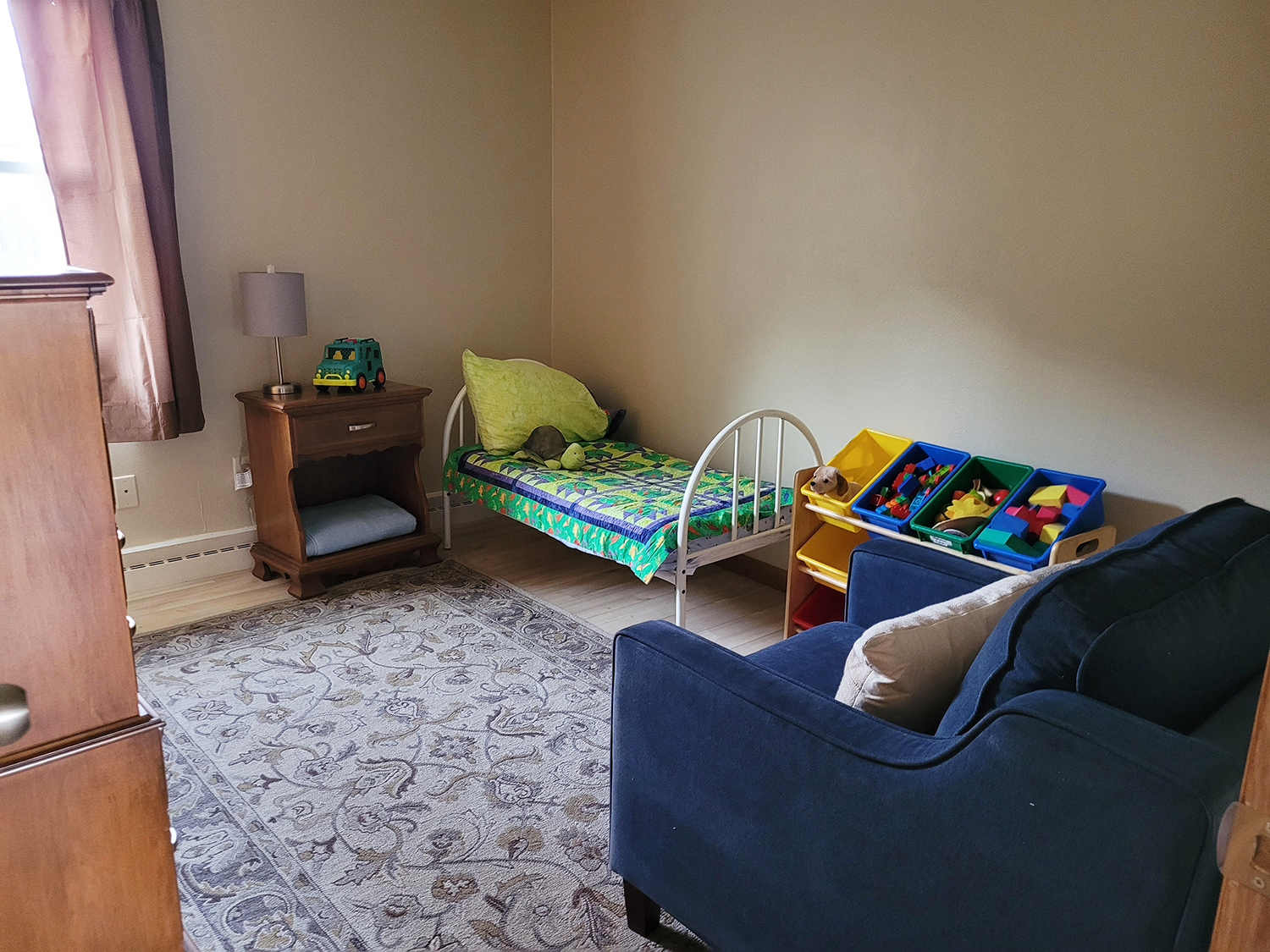
Area for children inside the house next to Midvale, which offers housing to immigrants. Photo courtesy Toni Swandby
In 2008, Christ Presbyterian launched a new ministry for reaching people who had come to the U.S. that focused on two populations — those who just need a welcoming community, such as international students living far away from families, and those seeking an immigration status.
One of the motivations behind serving the immigrant population, according to Watchou, is that Jesus was a refugee.
“Given that our Lord himself was a refugee, it gives us even more desire to serve that category, because we see in each one of them the same situation that our Lord Jesus found himself in,” Watchou said.
Importantly, Watchou said the point is not to proselytize, but to “show God’s love to others.”
“It’s always been to welcome people,” Watchou said. “It’s always to make the gospel a tangible reality in our community.”
Watchou said that despite the congregation being “100% behind” the church’s embrace of immigration, some were concerned about exposure to criticism for embracing a topic as “divisive” as immigration.
“But the church has the courage to embrace it,” Watchou said. “So from the beginning, we knew that this was a risky or a difficult issue to tackle. But led by our faith, trusting in God, we said, this is what God is putting on our heart to do.”
As an independent nonprofit, RNS believes everyone should have access to coverage of religion that is fair, thoughtful and inclusive. You can help keep our news and commentary free for all by becoming one of our supporters. And during our end-of-year fundraising campaign, your gift can go further: Starting Nov. 1, your donation will be DOUBLED, dollar for dollar, by a generous gift from our Board of Directors. Please consider chipping in today!
Deborah Caldwell, CEO and Publisher
Donate today
Discover more from Tamfis Nigeria Lmited
Subscribe to get the latest posts sent to your email.



 Hot Deals
Hot Deals Shopfinish
Shopfinish Shop
Shop Appliances
Appliances Babies & Kids
Babies & Kids Best Selling
Best Selling Books
Books Consumer Electronics
Consumer Electronics Furniture
Furniture Home & Kitchen
Home & Kitchen Jewelry
Jewelry Luxury & Beauty
Luxury & Beauty Shoes
Shoes Training & Certifications
Training & Certifications Wears & Clothings
Wears & Clothings






